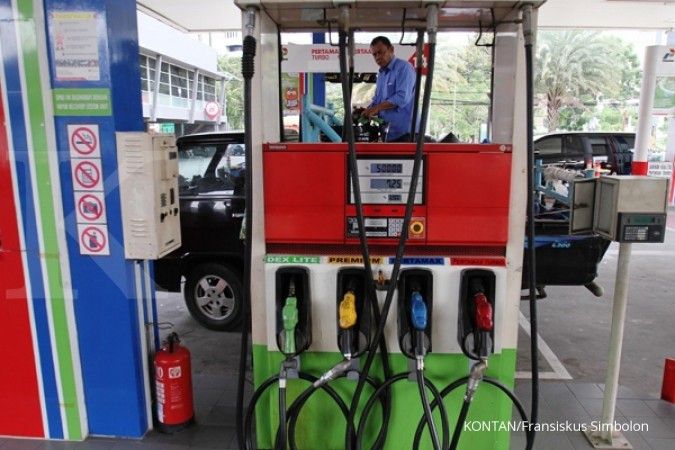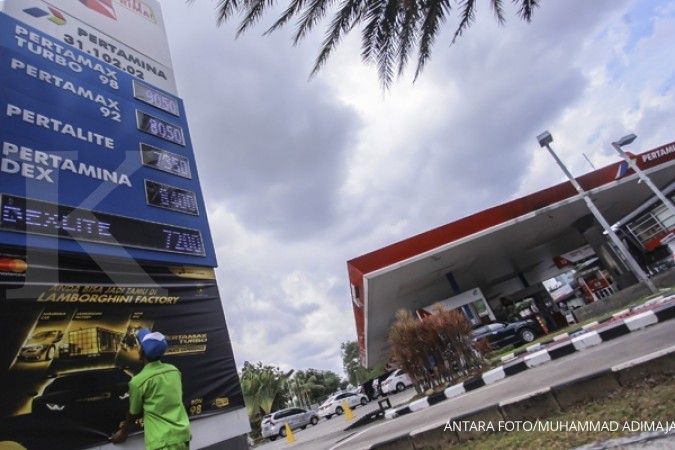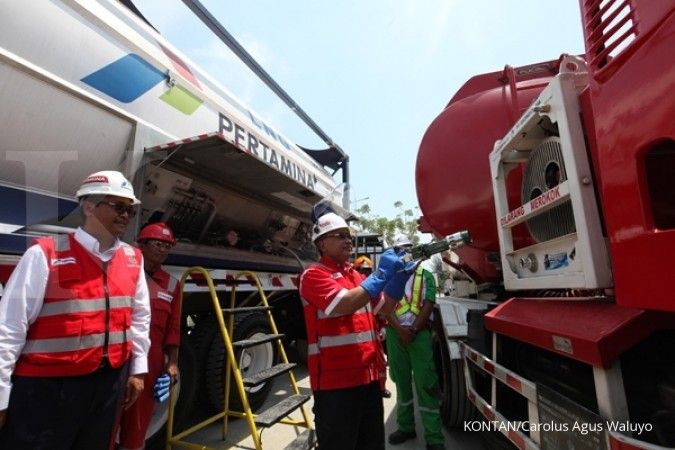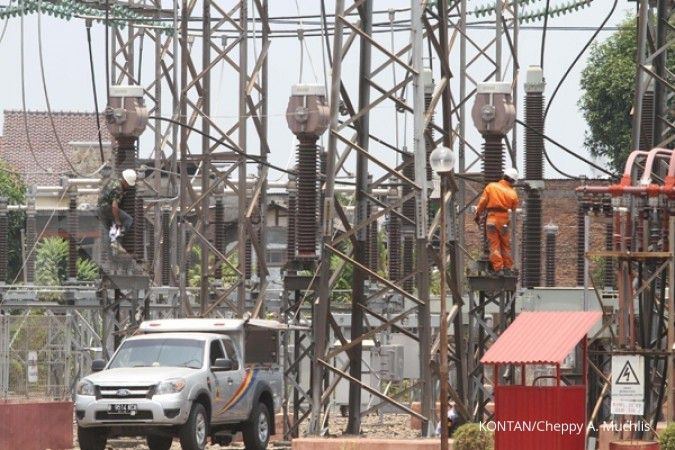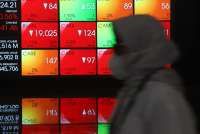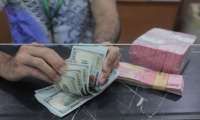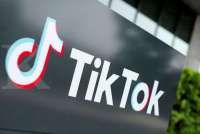JAKARTA. Started Thursday, 5 January 2017, the prices of Pertamax, Pertalite, and Dexlite fuel types increased by Rp 300 per liter. In in a short time, this has not affected to inflation rate in January 2017.
The effect of oil price rise will be felt in March-April 2017. Deputy for Distribution and Services Statistics of National Statistics Agency (BPS) Sasmito Hadi Wibowo estimates that the effect of the increase in non-subsidized fuel price will be less than 0.01. “4% increase in non-subsidized fuel price will affect to inflation rate as many as 0,008%, or rounded to 0.01%,” he told KONTAN, Thursday (5/1).
The inflation rate at the early of 2017 may be higher as the impact of the government decision to remove the electricity subsidy for the segment of 900 Volt Ampere (VA) customers. The subsidy removal has taken into effect since 1 January 2017. The government has also prepared the first phase of electricity tariff adjustment for 18.9 million customers of 900 VA segment from Rp 605/kWh to Rp 791/kWh.
According to Sasmito, the electricity tariff rise will not have significant impact to inflation in January 2017. He predicts that the inflation rate resulted from electricity tariff will be negative in January 2017. The pre-paid electricity tariff for the segment of 1,300 VA and above dropped by 8.20%, while post-paid electricity tariff increased by 0.75%. “Very slight, less than minus 0.01%,” he said. Sasmito said, usually electricity tariff contributed to 2.5%-2.8% of inflation rate, lower than rice price’s contribution.
Head of BPS Suhariyanto said, most of Indonesian people still utilize post-paid electricity. Therefore, the effect of electricity price adjustment has not been significant. Suhariyanto said, the effect will likely be felt either in March or April 2017. “We hope that the effect will be around 0.05%,” he said.
According to BPS, the customers of post-paid and pre-paid electricity comprise of 71% and 29% of total customers, respectively.
Aside of increases in fuel price and electricity tariff, public will be burdened of the increases in cigarette excise and public services tariffs. However, according to Sasmito, cigarette traders have anticipated this condition by increasing cigarette price gradually. “The cigarette price increases by Rp 1,000 per pack or by around 5% will contribute to inflation rate at around 0.2%,” he said.
Eroding purchasing power
The increases in public services tariffs, such as vehicle registration tariff will not bring significant impact to inflation. “In average, each Indonesian household prepares 0.22% of their total spending for car or motorcycle paper works. Let alone, vehicle registration is only once in a year,” Sasmito said.
Economist at Samuel Asset Management Lana Soelistyaningsih said, despite of low inflation rate, in reality, the increases in the prices and tariffs will reduce purchasing power. ”Let alone, the Premium fuel type increasingly scarce in gas stations,” Lana said.
According to Lana, the effects of the increases in the prices and tariffs will have not been significant in January 2017, because consumer price index (IHK) for fuel has not yet included the price of Pertalite. To date, BPS only includes Premium fuel in the estimation of IHK. Therefore, the inflation rate of BPS version will not be affected, as long as the price of Premium fuel does not increase.
The increase in electricity tariff has significant impact to purchasing power, despite of its low consumer price index (IHK). “Definitely, purchasing power will be affected, despite the IHK is only at 3.5%-4%,” he said. The recent tariffs rises will not trigger high inflation as it happened in 2014, following government decision to increase fuel price.
(Muhammad Farid/Translator)
